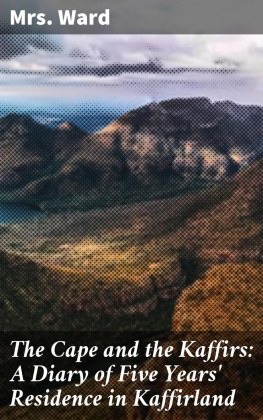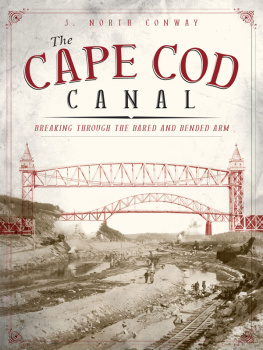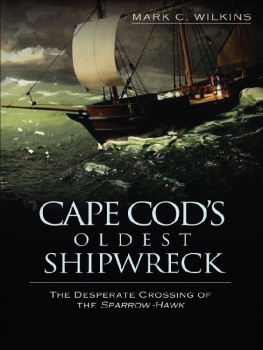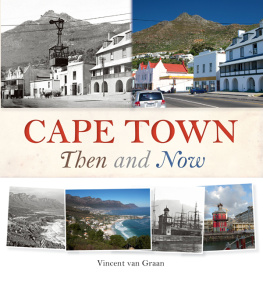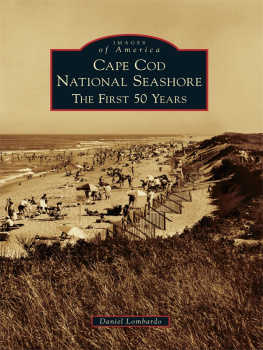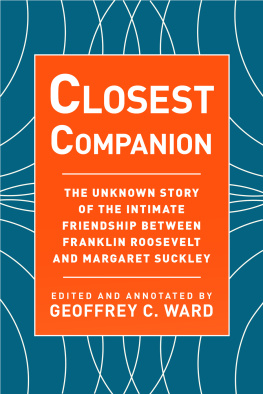Part 1, Chapter III.
Table of Contents
History of the Cape Colony.
The renowned promontory of the Cape was first doubled by the Portuguese navigator, Bartholomew Diaz, in the year 1487, but the discovery was not looked on as of any other importance than as opening the maritime route to India which that nation had so long sought after. Ten years later De Gama passed along the southern and eastern coast of Africa, and coming in sight of a fertile, pleasant country on Christmas day, he gave it the name of the Land of the Nativity, (Terra Natal) whence the appellation by which it is now known. In 1620, two of the officers of the English Merchant Adventurers landed in Saldanha Bay, and took formal possession of the country, in the name of James the First, but no European, settlement was attempted until the year 1650, when the Dutch India Company, at the recommendation of a surgeon of one of their ships, named Van Riebeck, placed a colony on the shore of Table Bay, further southward, for the purpose of affording supplies to their fleets.
Though the colony was at first composed, as was usual in those days, of persons of abandoned character, it grew and prospered, and in the course of about thirty years it received an accession of population of admirable character in the persons of French and German Protestant refugees, whom the atrocious proceedings of Louis the Fourteenth, in revoking the Edict of Nantes, and ravaging the Palatinate with fire and sword, had rendered homeless. These estimable exiles introduced the culture of the vine and other improvements, and the colony gradually spread itself along the belt of level land which extends itself eastward between the Lange Kloof and the sea.
About the same time Natal was visited by order of the Governor, and some idea was entertained of forming a settlement there, but, for some reason not now known, the project was abandoned.
The Dutch continued in peaceable possession of the colony for more than one hundred years longer, and had gradually spread themselves either as settlers or elephant hunters almost to the borders of the Orange River, when in 1795, a small English force, under General Craig and Sir Alured Clarke appeared, and the whole territory was at once surrendered. At the peace of Amiens, in 1802, it was restored to Holland; but in 1806 it again came into the hands of England, and was finally ceded to us in 1814. (Note 2.)
From the period of our establishment in the colony in 1806 till 1827 (with the exception of a change in the currency very displeasing to the Dutch), we were contented to stand by the laws by which it had been governed, with only such occasional amendments and modifications as the change of circumstances required. In that year, however, after three or four years notice and consideration, a code of English laws (not exactly the laws of England) was adopted. As, from their non-acquaintance with our language, it was impossible to make the Dutch thoroughly conversant with the principles upon which these laws were framed, they soon became discontented. The clerks in the public offices, to whom they applied occasionally for information, were unable to give their time to listen to their grievances; and, had they been inclined to enlighten them, their ignorance of the Dutch language rendered it impracticable. Previously to this, every district had been governed by a magistrate, or Landrost. He had to assist him a council of eight individuals, called Hemraaden, chosen from among the most respectable and influential landholders, who informed the inhabitants of all events and changes occurring in the colony and its laws, explained all difficulties, heard all complaints, and were, in short, the medium of communication between the people and the authorities. The English Laws completely superseded these arrangements, and the utter want of education among the Dutch, particularly the scattered farmers, rendered them jealous and suspicious of their new legislators, whose system (practically or theoretically) they could not understand.
It is true that the bad condition, and, in many cases, the ill-usage of the Hottentots, called for investigation and amendment; but many attempts that were made to ameliorate their condition proved vain, from being as defective as they were ill-executed. General Bourke passed an ordinance, freeing the Hottentot race from all those restraints which are found absolutely necessary for the preservation of social order in all civilised communities. The consequence of this ill-advised decree is manifested to this day, for it is the cause of the gradual self-extermination (so to speak) of the race. The mischief, however, was done, and as a remedy the location of a number of them as an agricultural community on the Kit River was tried. A few respectable individuals are still to be found among them there, and in some other localities, but these are a mixed race, and it may be said that the original Hottentot race has been gradually but surely dwindling away since the enactment of the above-mentioned 50th Ordnance.
Just as matters stood a chance of finding their level, the farmer beginning to try to accustom himself to bear the inconveniences arising from the Hottentots freedom from all restraint, and consequent contempt of servitude (for on the enactment of the 50th Ordinance they had taken to a life of vagrancy, spurning all work), the Kaffirs sounded their war-cry, and burst upon the colony. This was in 1834. It arose thus.
From the depredations and encroachments of the Kaffirs on the Hottentot location in the Kat River settlement, the authorities ordered the expulsion of the Kaffir chief, Charlie, (so called by the express desire of his father, Gaika, after Lord Charles Somerset), from a portion of the neutral territory (Note 2) which he had been allowed to occupy on sufferance during good behaviour. This indulgence he had clearly forfeited, the depredations being almost invariably traced to his locality. Though, on solemn promise of amendment, he had been subsequently permitted to resume his position, yet, from the natural ingratitude of his race, and the pains taken by his soi-disant and injudicious European friends to persuade him how ill he had been treated by his original expulsionafter a few months of smothered ill-will, the volcano burst, and these savages poured, en masse, into the colony; fire, devastation, and the murderous blade marking their progress throughout this astonished, peaceable, and, with trifling exceptions, unprotected frontier, to the ruin of thousandsa ruin from which many have never recovered, notwithstanding the strenuous exertions of their best friend, Sir Benjamin DUrban. Under his able governmentscrippled as it was by a change in the Ministrythe colony, after the war, resumed the appearance and probability of peace, when another great event altered the face of everything. Suddenly there was a voice, which went through all the countries of the known earth, crying aloud, Let the slave be free!
The Dutch were quite ready to listen to the voice that cried shame at the idea of seizing our fellow-creatures, packing them like herrings in slave-ships, and bartering for them in the market. Every one of good feeling revolted at the custom, and looked for the remedy. But how to set about the remedy should have been considered. The chain was broken, and the people of England hurrahed to their hearts content. And the slave! What, in the meanwhile, became of him? If he was young and vicious, away he wenthe was his own master. He was at liberty to walk to and fro upon the earth, seeking whom he might devour. He was freehe had the world before him where to choose, though, squatted beside the Kaffirs fire, probably thinking his meal of parched corn but poor stuff after the palatable dishes he had been permitted to cook for himself in the Boers, or tradesmans kitchen. But he was fain to like ithe could get nothing else, and this was earned at the expense of his own soul; for it was given him as an inducement to teach the Kaffir the easiest mode of plundering his ancient master. If inclined to work, he had no certain prospect of employment, and the Dutch, losing so much by the sudden Emancipation Act, resolved on working for themselves. So the virtuous redeemed slave had too many temptations to remain virtuous. He was hungryso was his wifeso were his children; and he must feed them. How? No matter.


